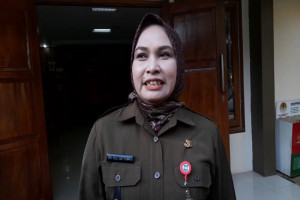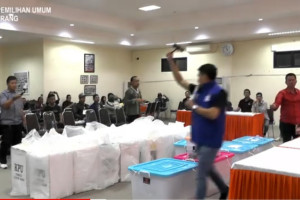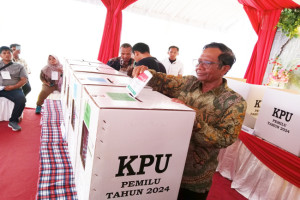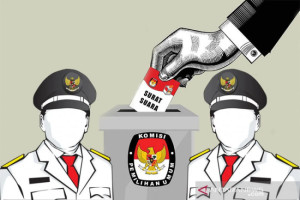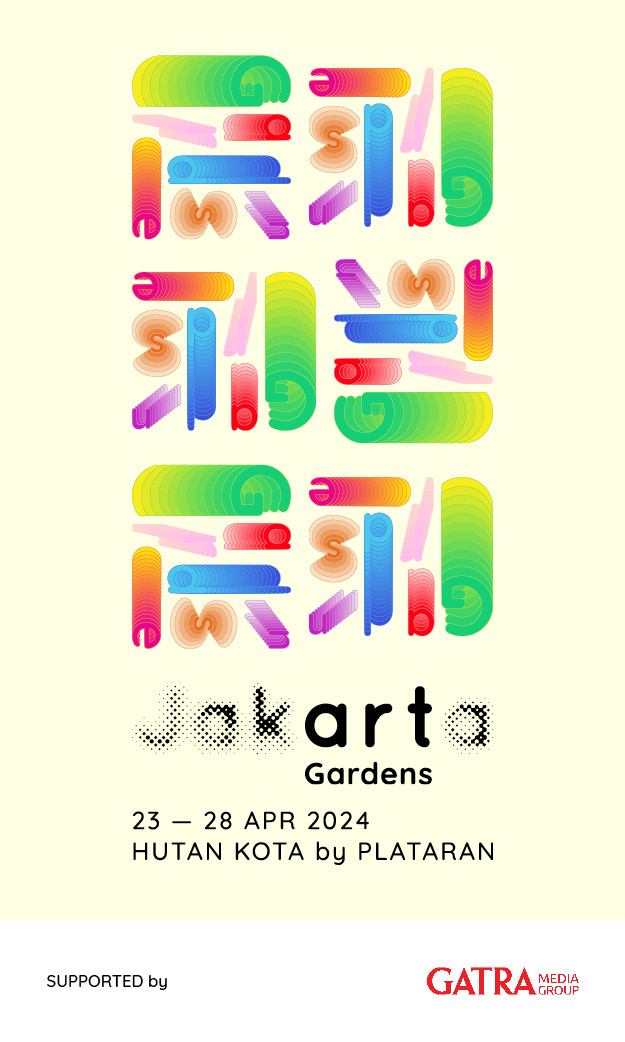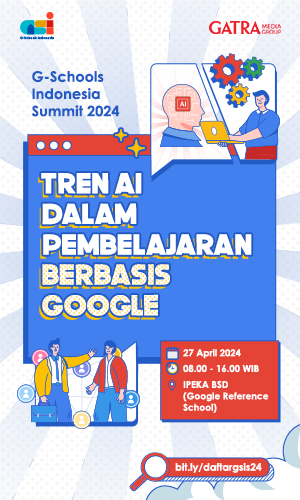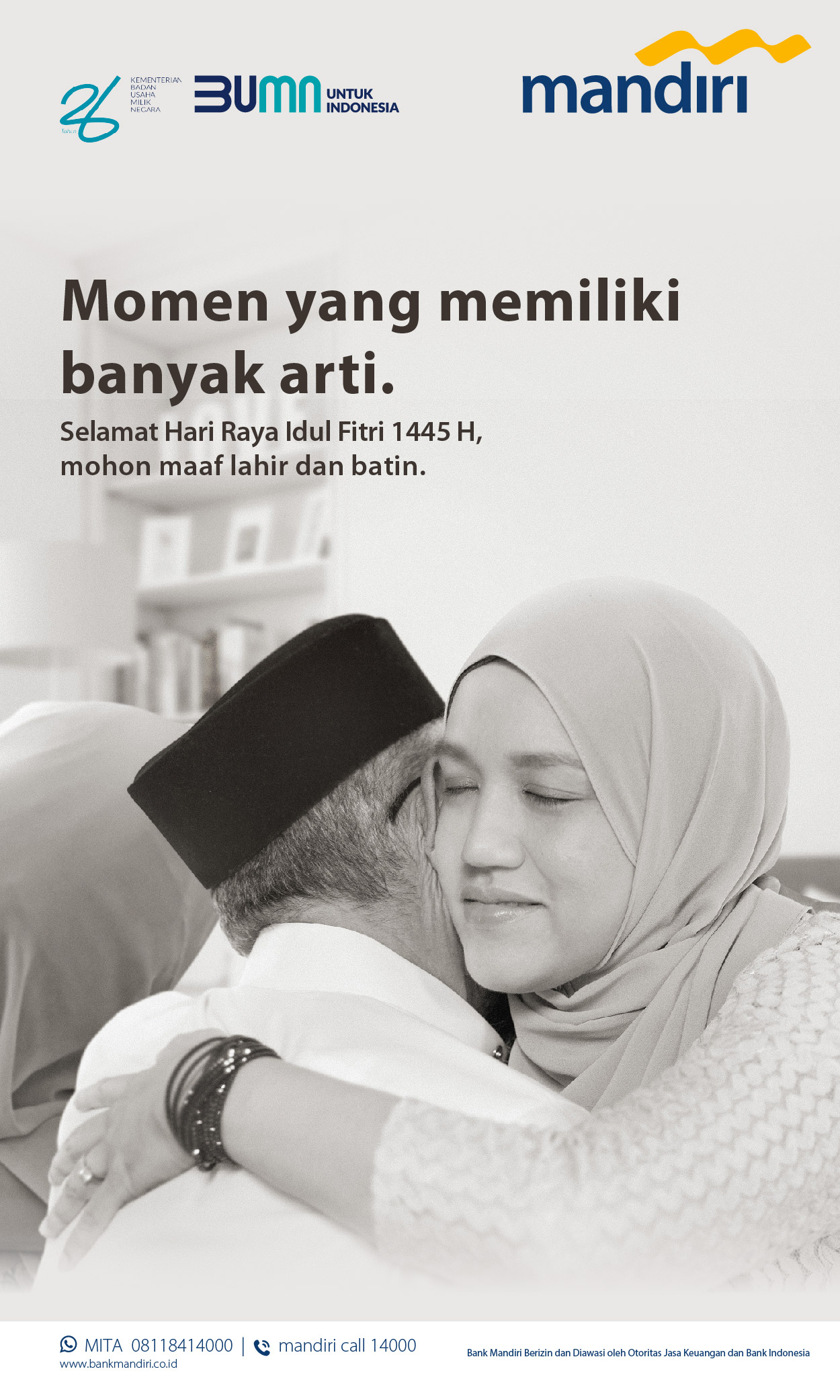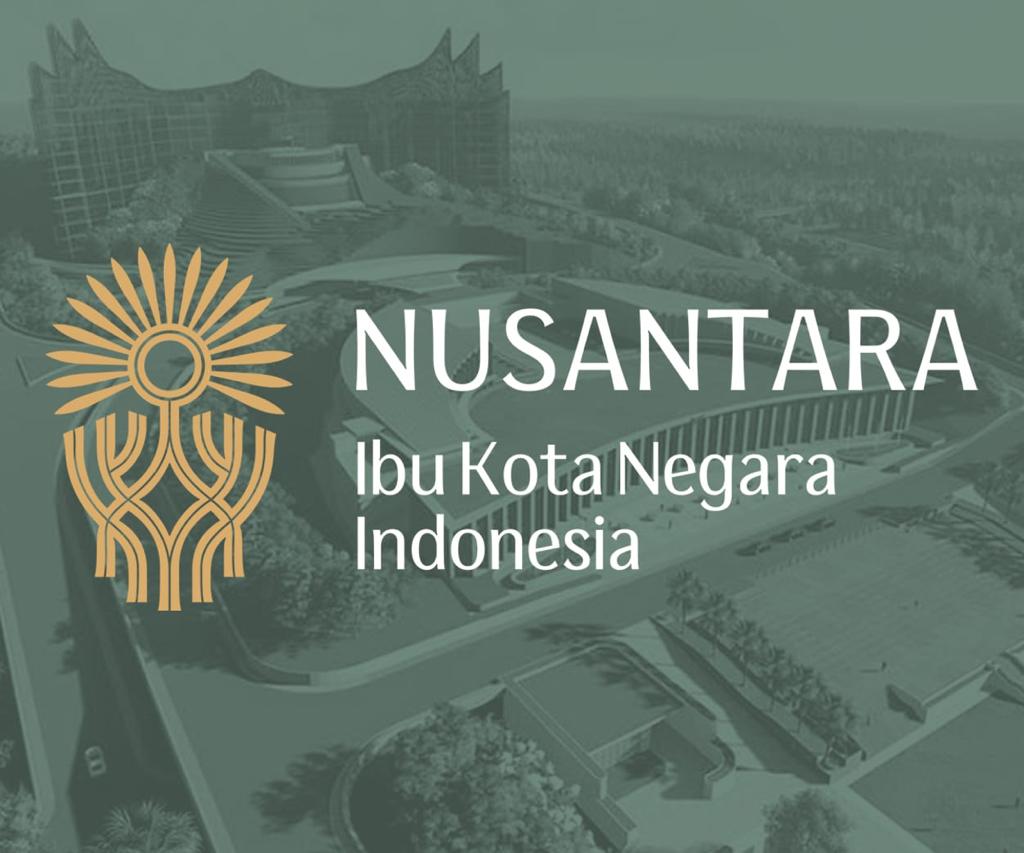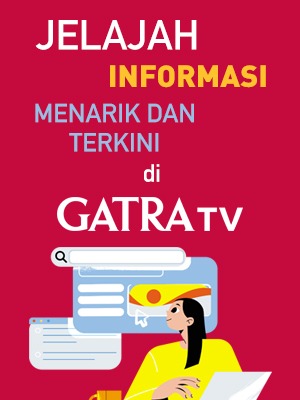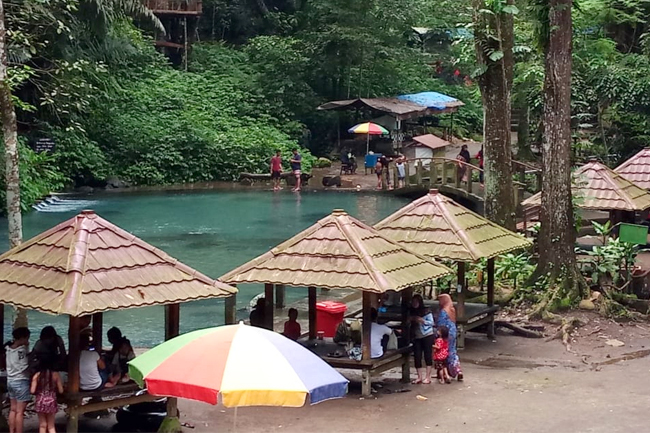
In Joko Widodo's second-term presidency, the Ministry of Village, Development, and Disadvantage Regions (PDTT) will be rolling out priority programs in village development, which will brace the president's vision and mission.
Jakarta, GATRAreview.com - During the current cabinet, village development will still fall within the national priority measure, giving space to programs rolled out by the Ministry of Village Development and Transmigration (Kemendes PDTT). The aim is to speed up village development.
Most recently, Minister of Village, Development, and Disadvantaged Regions (PDTT) Halim Iskandar said that his ministry had planned to launch a network-based village program. Villages under the same network may create partnerships. It even allows the villages to establish joint village-owned enterprises (BUMDes). “It depends on each partnership. As for the joint enterprise, it means that a new legal entity is established by several village chiefs,” Mr. Iskandar said during a welcoming speech in Jakarta, last November.
If the network-based program succeeds, it will be the first of its kind in the ministry's history. Mr. Iskandar, a party member of Partai Kebangkitan Bangsa (PKB) and an older brother to the party's leader, Muhaimin Iskandar, has only become a minister of village and transmigration by last October, succeeding Eko Putro Sandjojo.
During the handover ceremony of the ministerial position, Mr. Iskandar said that he would support the president's vision and mission. His ministry's programs for the five years to come will follow through with the progress of the earlier term and finish some impending programs. “We will have to fix some things and improve the others,” Mr. Iskandar said in the Kemendes PDTT office in Jakarta, last October.
Alleviating Poverty in 10,000 Villages
Secretary-General of Kemendes PDTT Anwar Sanusi said program formulation within the ministry was based on the direction by the president. For the next five years, the ministry has been directed to reduce poverty in 10,000 villages, while developing 5,000 other villages into a state of self-adequacy. As for the development of remote villages, the ministry has been directed to alleviate poverty in 62 remote villages.
As for the transmigration sector, the ministry has been directed to develop 140 new settlements. “These are the targets that propel us forward to create the programs in the ministry,” said Mr. Sanusi to Ryan Puspa Bangsa from GATRA Review in the ministry office in Jakarta, last December.
Those targets, Mr. Sanusi said, would be achievable with an informed bureaucracy, competent enough to execute all programs and activities created by the ministry. “Thankfully, we have achieved the targets from the last five years [in 2014-2019]. I believe the targets for the next five years will be more challenging,” he said.
Mr. Sanusi explained that program formulation has to square with the president's vision and missions. In his second term, President Widodo will focus on human resource development, placing the ministry to prioritize similar village-based programs. “We would not squander the village funds on infrastructure projects, but also for the village human resource development,” he said.
According to Mr. Sanusi, there will be training and workshops, which aim to improve the skills of village residents. With 74,954 villages spread across Indonesia, each one unique to itself, the program has to train the skills required by a particular village. There are several kinds of villages, those focusing on agriculture, tourism, or mining. “The result of this human resource development should be compatible with the demands in Indonesian villages,” said Mr. Sanusi.
The ministry of village and transmigration will collaborate with the other 19 ministries. Every ministry has village-based programs. For example, the ministry of civil servants and the ministry of the industry have training centers (BLK) in villages. “Our task is to orchestrate and coordinate all the ministerial programs,” Mr. Sanusi said.
The Village 4.0 Academy
A fresh program in the ministry of village and transmigration, the Village 4.0 Academy is a tech-based course set. Since it is a digital course, village residents can join the course from their homes.
The course materials are already available and downloadable on YouTube and Ruang Desa. The materials cover various topics, from ideas of village innovation to village business ideas and how to establish a village-owned enterprise. “We have put the Village 4.0 Academy as an educational choice for village residents,” said Mr. Sanusi.
The ministry of village and transmigration also collaboration programs with institutions of higher education, such as the thematic service-learning programs, or commonly known as Kuliah Kerja Nyata (KKN). Students from various universities will have opportunities to do thematic village-based programs. A group of students may design their project as an entrepreneurial training project. “With thematic KKN programs, such programs will be effective to educate village residents,” Mr. Sanusi said.
Sujud Dwi Pratisto
Translator: Gabriel Mahendra



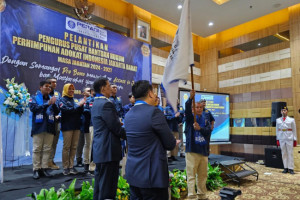
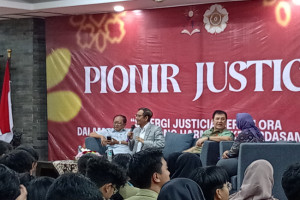
_thumb.jpg)

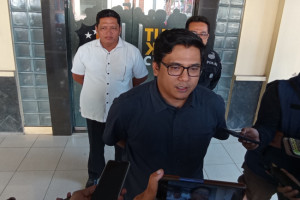
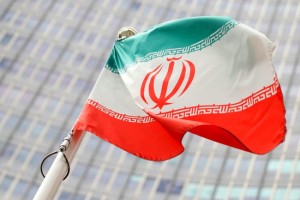
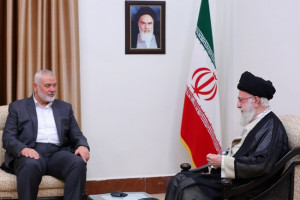
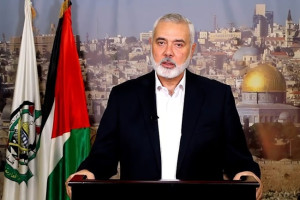
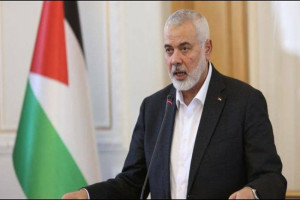

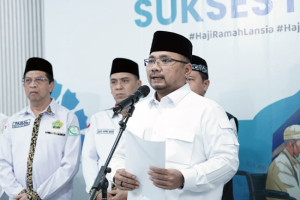
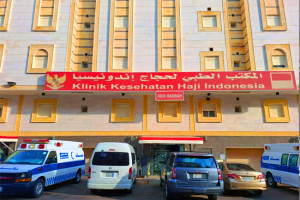
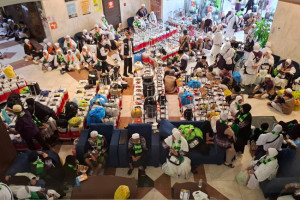
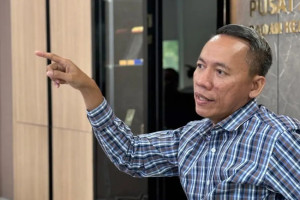
_(1)_11zon1_thumb.jpg)
